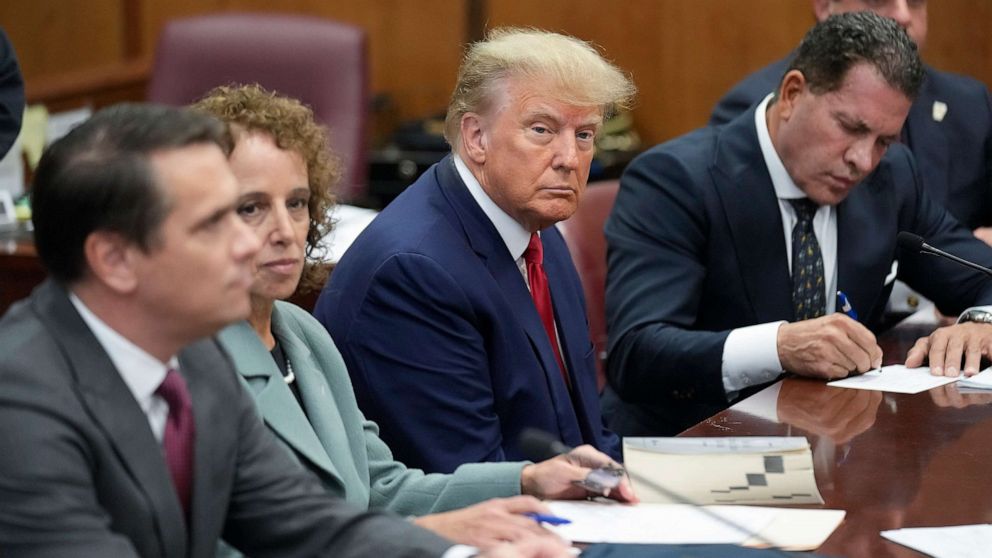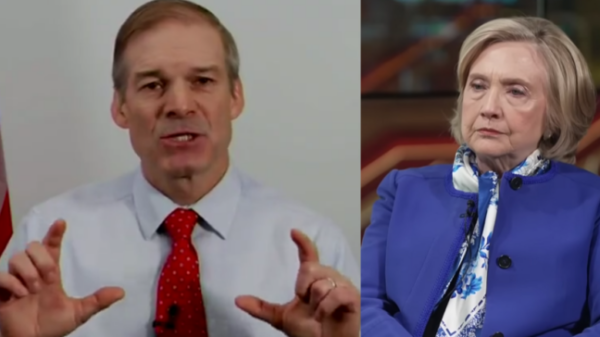WASHINGTON- A federal judge on Monday is expected to set a start date for former U.S. President Donald Trump’s criminal trial on charges of trying to overturn his 2020 election defeat in a failed bid to keep himself in power.
The criminal case brought in Washington, D.C., by Special Counsel Jack Smith is one of four that Trump, the front-runner for the 2024 Republican presidential nomination, currently faces and the one that most broadly addresses his attempt to reverse his loss to Democrat Joe Biden.
Trump, who on Thursday appeared at a Georgia jail to face state criminal charges of trying to overturn his defeat there, is not expected to attend Monday’s hearing.
Trump has previously lashed out at U.S. District Judge Tanya Chutkan, saying, without evidence, that she is biased against him. He has portrayed all four criminal prosecutions as politically motivated attempts to stop him from returning to power.
Smith’s office has proposed starting the trial on Jan. 2, 2024, some 11 months before Election Day, and predicted it would take four to six weeks. Trump’s lawyers have asked Chutkan to delay the trial until April 2026.
“The public interest lies in justice and fair trial, not a rush to judgment,” Trump’s lawyers wrote in their motion.
Trump’s attorneys have complained that the government’s 11.5 million pages of evidence will take time to sort through, saying that if the pages were stacked, they would tower well above the Washington Monument and would equate to reading Leo Tolstoy’s ‘War and Peace’ “78 times a day, every day, from now until jury selection.”
“To put 11.5 million pages in some perspective, we began downloading the government’s initial production on August 13, 2023. Two days later, it was still downloading,” they wrote.
Prosecutors from U.S. Special Counsel Smith’s office say such comparisons are “neither helpful nor insightful.”
They argue that a huge chunk of the evidence contains records that Trump had access to, such as his own tweets and campaign statements, as well as public records such as those released by Democratically-led U.S. House select committee that investigated the Jan. 6 attack on the Capitol.
One major logistical challenge Trump and his legal team are facing is how to schedule court dates in four upcoming criminal trials as the former president campaigns for a return to the White House.
In Georgia, where Trump faces racketeering and other state charges related to his alleged efforts to overturn his 2020 presidential election defeat there, District Attorney Fani Willis has asked the court to set a March 4, 2024 date.
Last week, a judge agreed to set a trial date of Oct. 23 for Trump co-defendant, attorney Kenneth Chesebro, after he requested a speedy trial. The judge has not yet set a trial date for the other defendants, though Sidney Powell, an attorney who advised Trump and promoted false fraud claims after the election, has also requested a speedy trial.
Trump is already set to be on trial in New York on March 25, 2024, on separate state charges of concealing a hush money payment to a porn star, though Manhattan District Attorney Alvin Bragg has previously indicated he is willing to confer with other authorities to address scheduling conflicts.
Trump is also due to go to trial in Florida on May 20, 2024 on federal charges also brought by Smith alleging he illegally retained classified records after leaving the White House and tried to obstruct justice.
He has pleaded not guilty to the charges in New York, Florida and Washington. He will be arraigned in Georgia soon, where he is also expected to plead not guilty.
Monday will mark the second time that Trump’s lawyers will appear before Chutkan to discuss pre-trial logistics.
At the last hearing, Chutkan warned that Trump should stop posting inflammatory statements online about witnesses or others involved in the case.






















